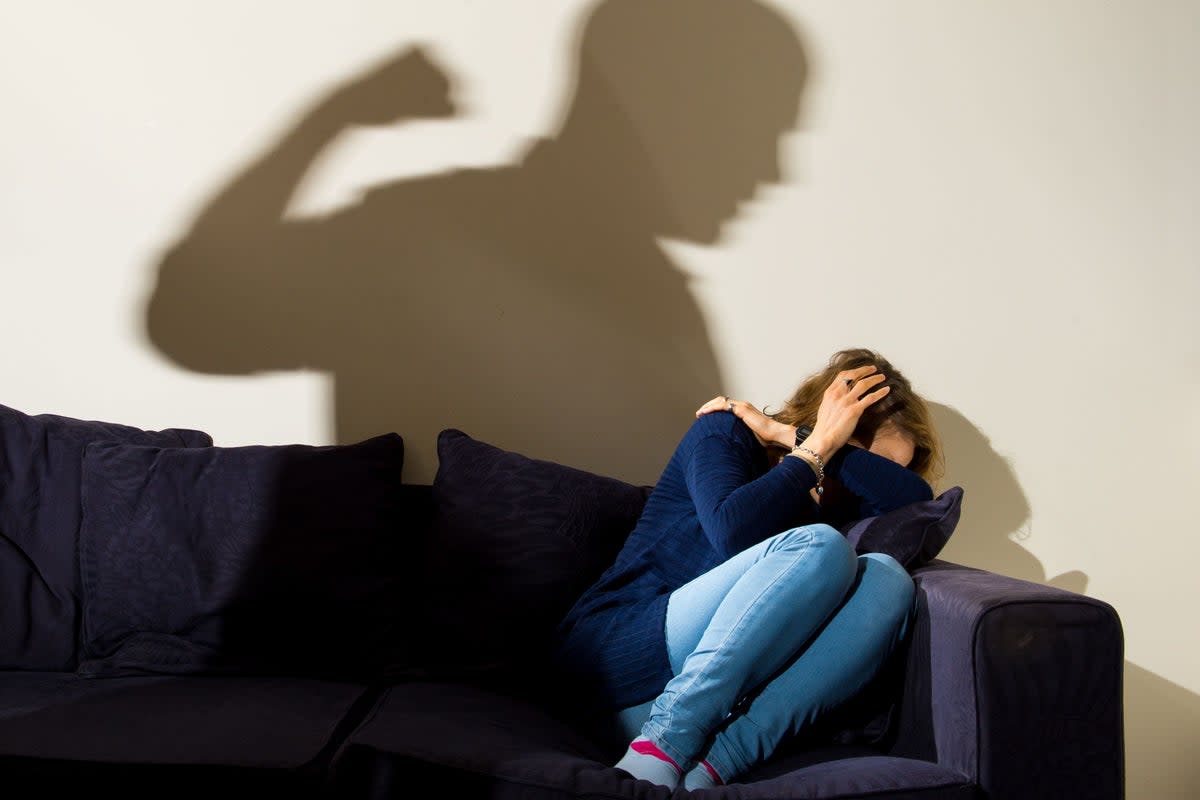Police warn of possible rise in domestic abuse as England face Serbia in Euros

Police have warned of a potential rise in domestic abuse as England play Serbia in their first game of the European football championship on Sunday.
The National Police Chiefs’ Council said a study from Lancaster University found there was a 38% increase in domestic violence incidents when England lost a game between 2002 and 2010, and a 26% rise when they won.
Assistant Commissioner Louisa Rolfe, NPCC lead for domestic abuse, said she wanted to make victims of domestic abuse aware of the support available to them during the tournament and encouraged anyone who suffered abuse to report it to police immediately.
Speaking to reporters at New Scotland Yard on Friday, she said: “It is an incredibly sad reality that football tournaments mean an increased risk of domestic abuse for many victims across the UK.”
Ms Rolfe also cited findings by Sussex Police during the 2022 world cup, which showed that 999 calls relating to domestic abuse “doubled” during match days.
She said: “I’m keen to ensure that victims of domestic abuse are aware of the support available to them, encouraged to report to police, and that every perpetrator is held to account.
It is an incredibly sad reality that football tournaments mean an increased risk of domestic abuse for many victims across the UK
Assistant Commissioner Louisa Rolfe
“Domestic abuse makes up 11% of all calls to emergency services. It’s more than 30% of violent incidents reported to the police.
“Domestic abuse is not a gendered crime, but women are disproportionately victims.”
Teresa Parker, head of media at the charity Women’s Aid, said that women and their children staying at refuges would not want to have the TV on during England games because of their past experiences.
Ms Parker said: “We were being told by women in refuges across the country that they would not have the TV on during major tournaments. For so many families it triggers the feeling that something worse might happen.
“I spoke to three women whose partners love football and were abusive in long-term relationships. Football was a trigger.”
Asked what measures the police plan to use during the tournament to ensure women’s safety, Ms Rolfe said: “We want to work closely with charities to make sure victims are aware that they are able to come forward.
“We want to work out who the abusers are that we want to manage and we’ll be using domestic violence protection orders and restraint orders to do so throughout the tournament.
“Sussex Police are organising joint patrols, where officers responding to incidents will have an independent domestic violence advocate with them so that the victim has many options available to them.”
Ms Parker added: “I feel passionately that football can do good. We are engaging with football clubs and organisations, like Fulham, where we do training and awareness.
“The more we can work together the better.”
Ms Rolfe said: “The vast majority of men who love football would never dream of abusing their partner. But we need their help in calling out those who would. We need their help in challenging those who might.”
Separately, women’s aid charity Solace and the National Centre for Domestic Violence, have created an alternative England kit – “Shirt 38” – to raise awareness of the support available to anyone experiencing domestic abuse as part of their “No More Injury Time” campaign ahead of the Euros.
Shirt 38 represents the 38% rise in reported abuse cases when the England team lost between 2002 and 2010.
A fixtures guide for the tournament drawing attention to violence against women has also been launched by White Ribbon, a charity which engages men and boys in ending violence against women, and safeguarding platform imabi.
The guide will contain facts about sexist abuse in the sport and advice on how to help.


